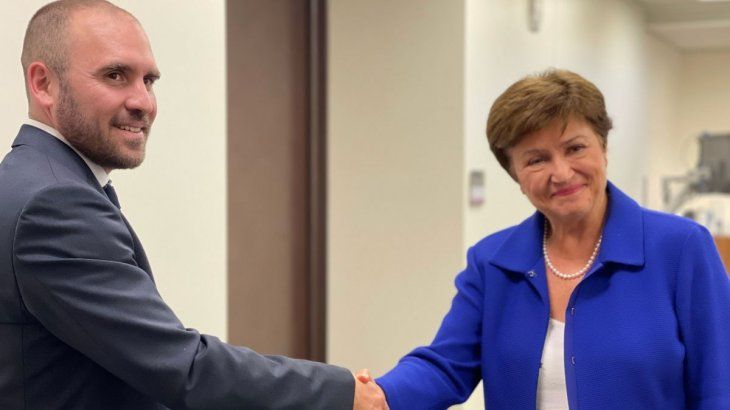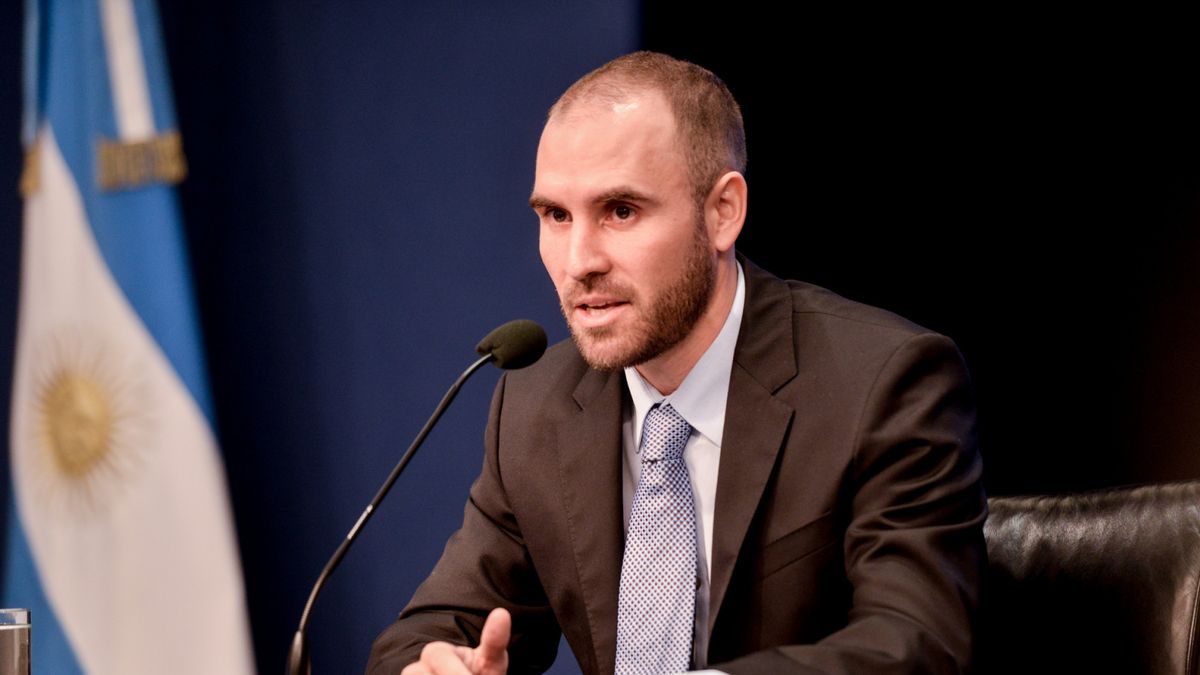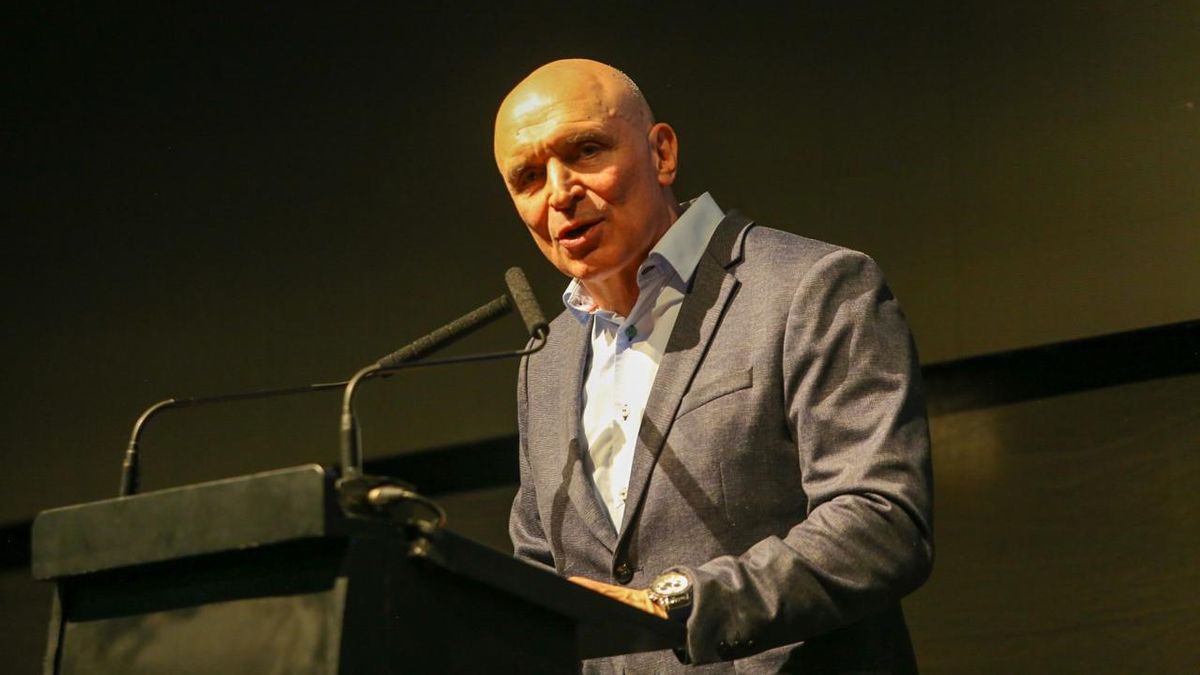The international organization praised the official adjustment policies and questioned the implementation of the agreement signed in 2022 with the Peronist government.
After the International Monetary Fund (IMF) criticize his management and praise the measures of the government of Javier Milei, the former Minister of Economy of the Frente de Todos (FdT) government until 2022, Martin Guzman, He accused the organization of preferring a “recessive” program to pay the foreign debt.
The content you want to access is exclusive to subscribers.
Guzmán was the official in charge of negotiating an “Extended Facilities” agreement with the IMF to address the US$45 billion debt contracted with that organization by the government of Mauricio Macri in 2018. The agreement was signed at the beginning of 2022 and endorsed by the National Congress, but faced internal resistance within the ruling coalition.


The IMF published an “Ex Post Evaluation” report where it criticized the FdT government’s failure to comply with the agreement. To these questions, Guzman responded that “The IMF preferred a program that it typically carries out, contractionary, that generates more foreign exchange balances to pay external debt through a recessionjust as happened in 2024 with the current government.”
GUZMAN KRISTALINA IMF.jpg

The Frente de Todos signed an agreement with the IMF in 2022.
On the other hand, the agreement reached, according to Guzmán, “It was achieved in 2022 to refinance the debt that the Macri government had taken, the objectives of which were to sustain the economic and social recovery that the country had been undergoing.“, seeking to gradually lower inflation, which at that time was 50% annually, just below the 54% it reached in 2019.”
The former Minister of Economy and today head of the consulting firm Suramericana Visión defended the agreement signed in 2022 “defines the macroeconomic vision that I want for Peronism in these times, that points to an economy that grows and reasonably distributes that growth.” In this way, social and productive problems were attacked and consistent macroeconomic foundations were laid.
The tensions within the Frente de Todos
The agreement had strong resistance within the FdT, especially Kirchnerism, to the point that Máximo Kirchner resigned as head of the ruling party’s bloc in Deputies and voted against. For Guzmán, this explains one of the reasons for the failure of the agreement, which, according to him, “was never implemented.”
“Not only was this program not completely to the liking of the IMF but, as is known, it was rejected by the most powerful segment of the Frente de Todos in the National Congress, that publicly requested an even more expansive fiscal policy, which could only be financed with more monetary emission and more inflation,” Guzmán stated.
Source: Ambito
I am an author and journalist who has worked in the entertainment industry for over a decade. I currently work as a news editor at a major news website, and my focus is on covering the latest trends in entertainment. I also write occasional pieces for other outlets, and have authored two books about the entertainment industry.




